Purdue ECE in the Media
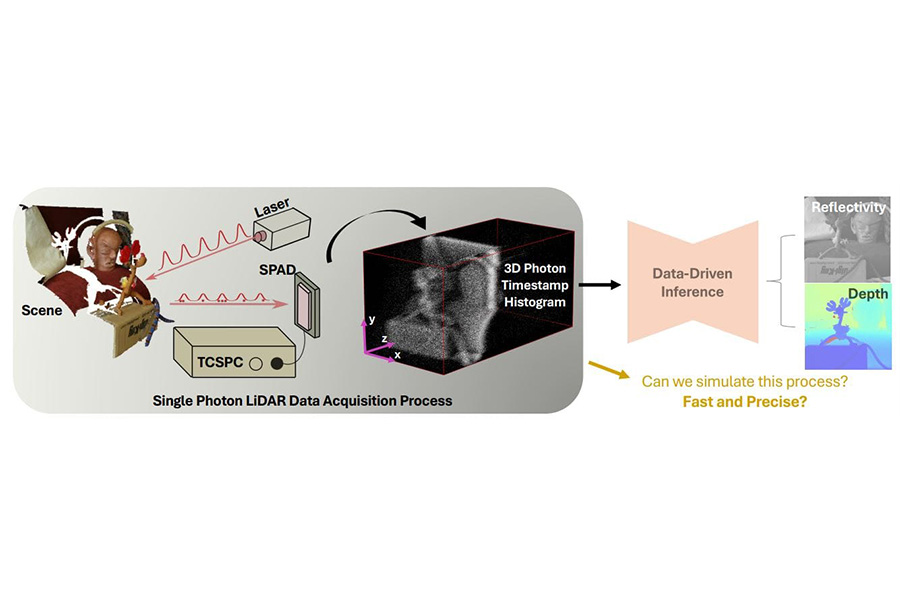
Markov-renewal LIDAR Simulator Predicts Count Statistics with Analytical Fidelity and Speed
December 11, 2025
Researchers Weijian Zhang, Prateek Chennuri, and Hashan K. Weerasooriya, along with Bole Ma and Stanley H. Chan from Purdue University, overcome limitations with Single-photon LiDAR simulators with a new simulator that delivers both fidelity and computational efficiency.
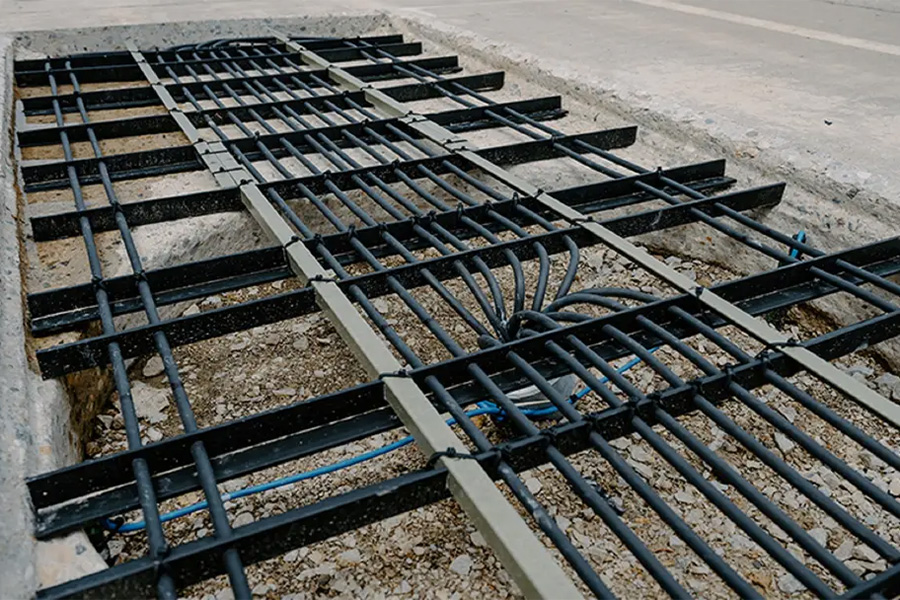
US scientists design first highway that wirelessly charges electric trucks on the go
December 11, 2025
“Transferring power through a magnetic field at these relatively large distances is challenging,” said Dionysios Aliprantis, professor of electrical and computer engineering at Purdue. Aliprantis continued. “What makes it more challenging is doing it for a heavy-duty vehicle moving at power levels thousands of times higher than what smartphones receive.”

Study finds EVs could save billions in grid costs
October 29, 2025
“This flexibility is not theoretical — it’s measurable and comparable to billions of dollars’ worth of new batteries and power lines,” said Junjie Qin. “EVs aren’t just vehicles; they’re energy assets that can help accelerate the clean energy transition.”
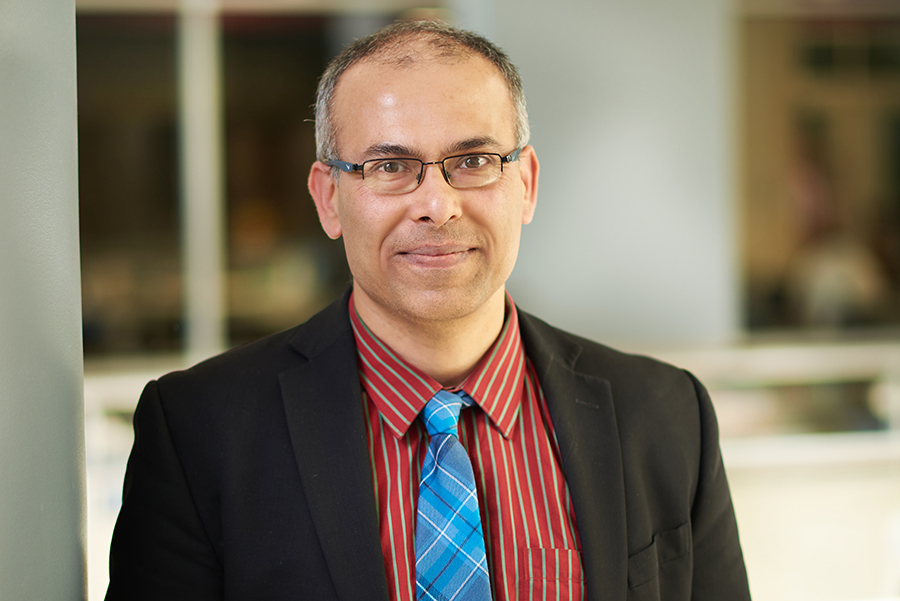
How much does AI disrupt careers in computing?
October 15, 2025
Much ink has been spilled discussing what the career prospects are for a CS graduate in this day and age where generative AI has upturned our world. Much of that ink has predicted a gloomy outlook. Here I cast a decidedly more optimistic look, but realizing the positive outcomes will take some action, for educators and learners.
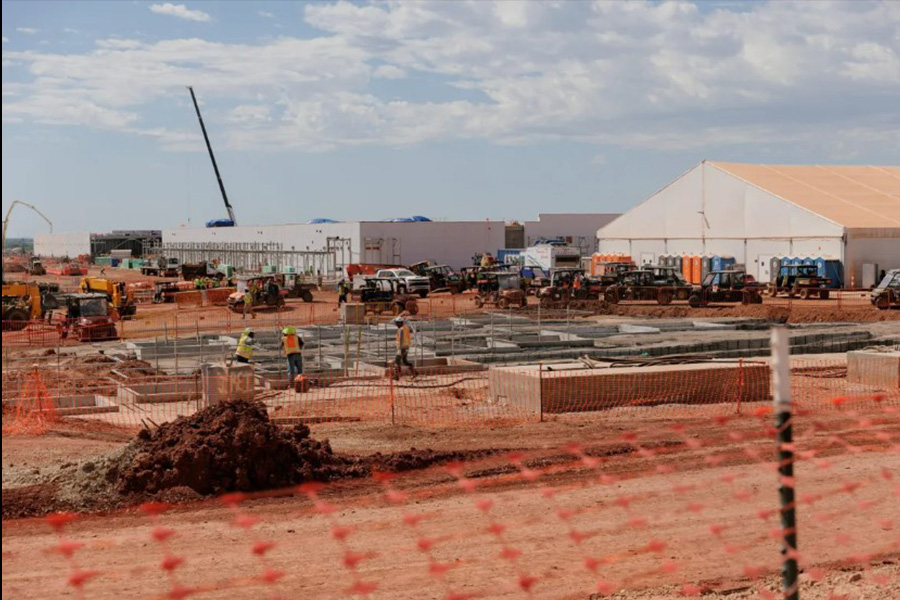
Data centers are thirsty for Texas’ water, but state planners don’t know how much they will need
October 15, 2025
In Texas, many data centers are located in areas where water supplies already are under high stress, according to research by Yi Ding, an assistant professor at Purdue University’s School of Electrical and Computer Engineering. “You could consume the same amount of water in Texas and Iowa,” Ding said. “But the environmental burden is different because Texas is more dry.”
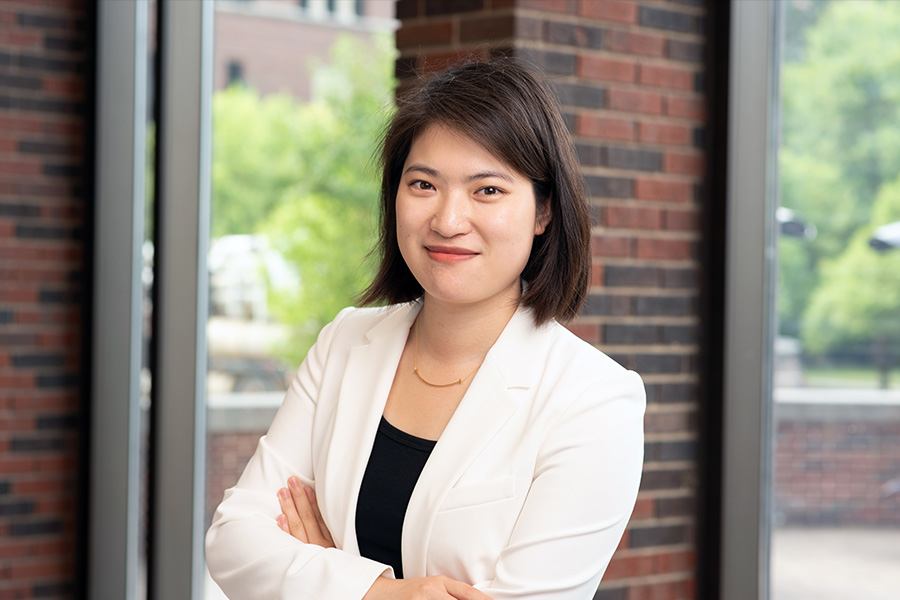
Tech giants scramble to meet AI's looming energy crisis
July 18, 2025
Research by Purdue University's Yi Ding has shown that AI chips can last longer without losing performance. "But it's hard to convince semiconductor companies to make less money" by encouraging customers to keep using the same equipment longer, Ding added.
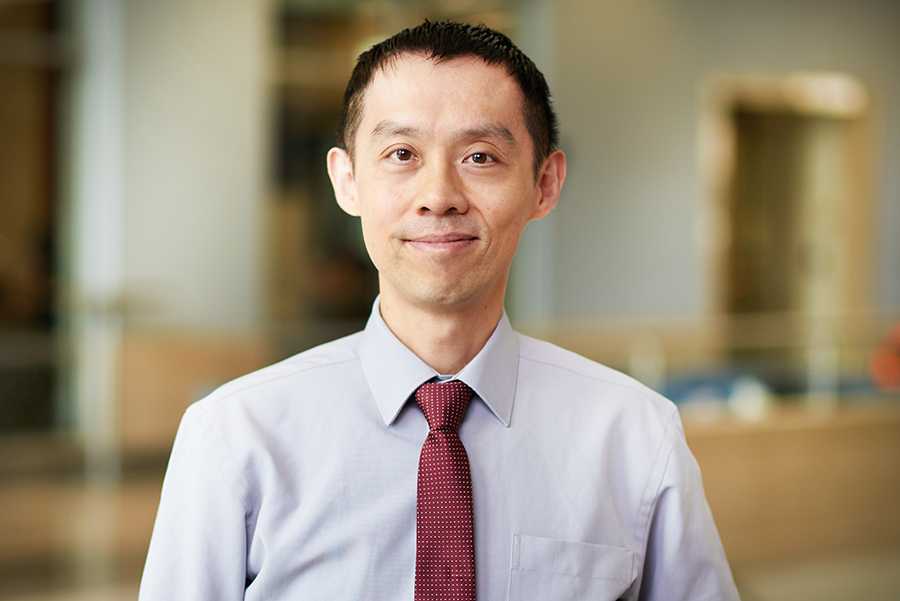
The 2025 Low-Power Computer Vision Challenge: Spurring Innovation for Edge and Mobile Devices
July 18, 2025
“Participating in LPCVC gives [people] an opportunity to compete with the world’s top researchers,” said Yung-Hsiang Lu, a professor of electrical and computer engineering at Purdue University. “For the field, LPCVC gives researchers from different organizations and countries a chance to share their best solutions. Together, they propel the technology forward.”
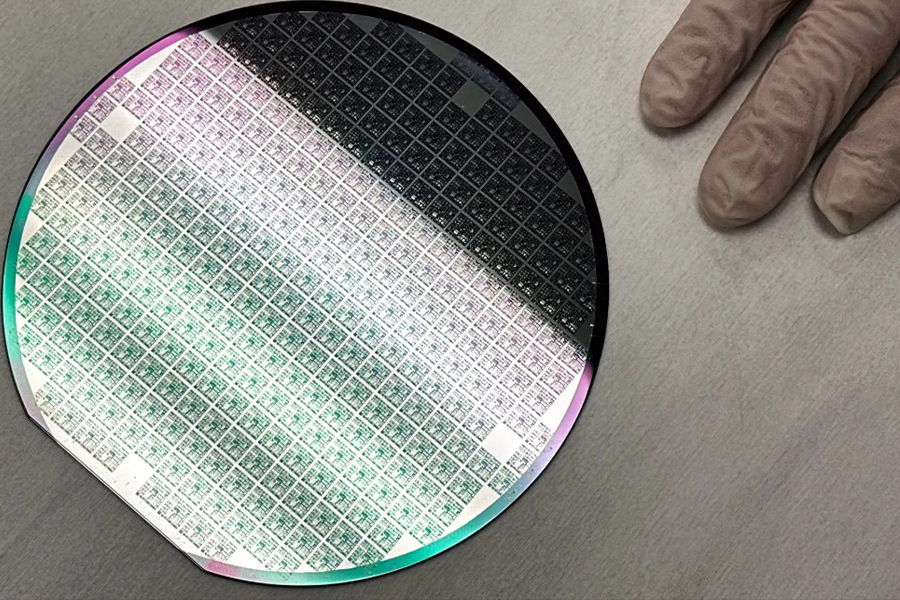
U.S. Semiconductor Courses Surge Amid Industry Boom
May 30, 2025
Enrollment in chip design coursework is "going through the roof," says Vijay Raghunathan, the director of semiconductor education for Purdue University.
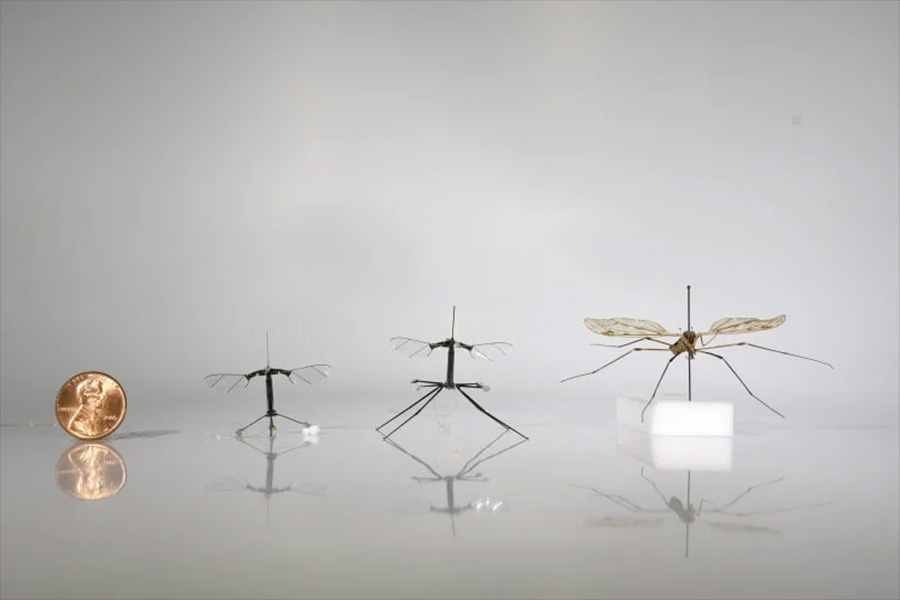
This Tiny Robot Is Part Bee, Part Crane Fly - and It Finally Has Solid Legs
April 21, 2025
"The successful landing of any flying vehicle relies on minimizing the velocity as it approaches the surface before impact and dissipating energy quickly after the impact," explained Nak-seung Patrick Hyun, a former Harvard postdoctoral fellow and now an assistant professor at Purdue University's School of Electrical and Computer Engineering. "Even with the tiny wing flaps of RoboBee, the ground effect is non-negligible when flying close to the surface, and things can get worse after the impact as it bounces and tumbles." Hyun led the RoboBee's landing tests on both solid surfaces and a leaf, just like a real insect.
Purdue's semiconductor leader: If West Lafayette misses on SK hynix, 'we will never have this opportunity again.'
April 21, 2025
Mark Lundstrom, Purdue's chief semiconductor officer, answers zoning concerns for a $3.87B facility - including from colleagues - why SK hynix picked WL over LEAP and a case for a silicon heartland.
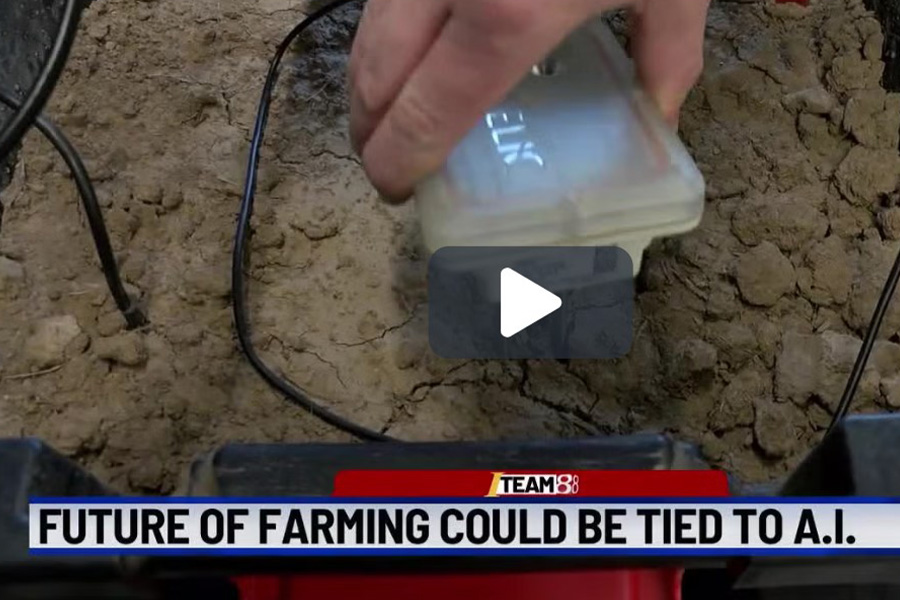
Purdue researchers' AI-powered soil sensors could improve crop farming
March 28, 2025
"Right now, a soil moisture sensor, you'd have about 1 of those per 100 acres. In the future, you might have hundreds, or even more, per acre," said David Love, the Nick Trbovich professor of electrical and computer engineering.
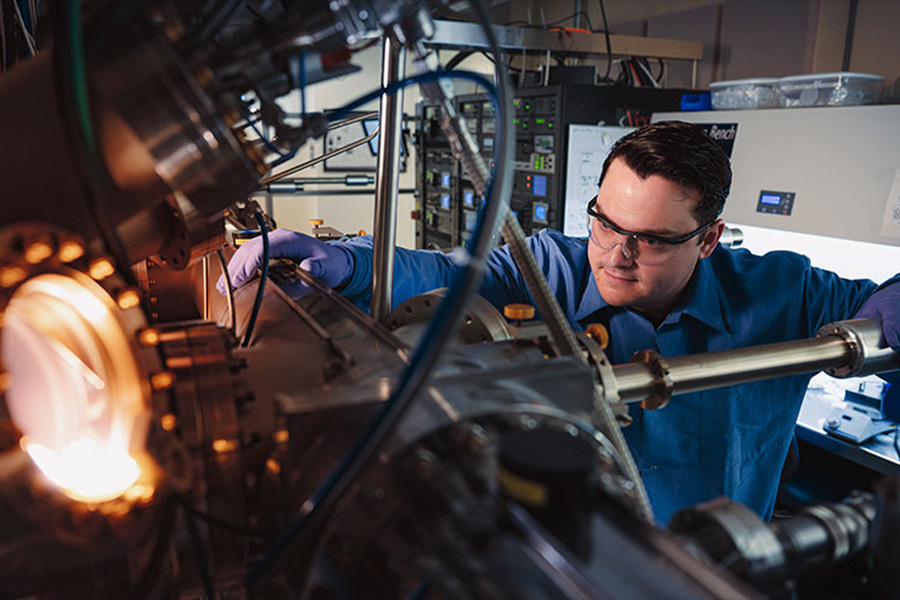
Materials developed at Purdue University incorporated into new Microsoft Quantum qubit platform
February 26, 2025
"Our hope for quantum computation is that it will aid chemists, materials scientists and engineers working on the design and manufacturing of new materials that are so important to our daily lives," said Michael Manfra, scientific director of Microsoft Quantum Lab West Lafayette, professor of electrical and computer engineering, Bill and Dee O'Brien Distinguished Professor of Physics and Astronomy, and professor of materials engineering at Purdue.
